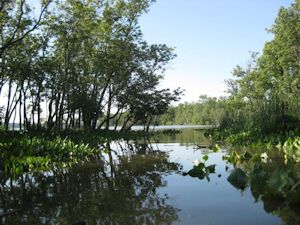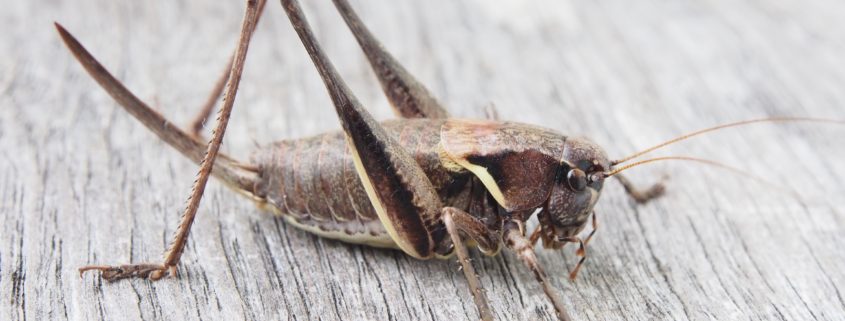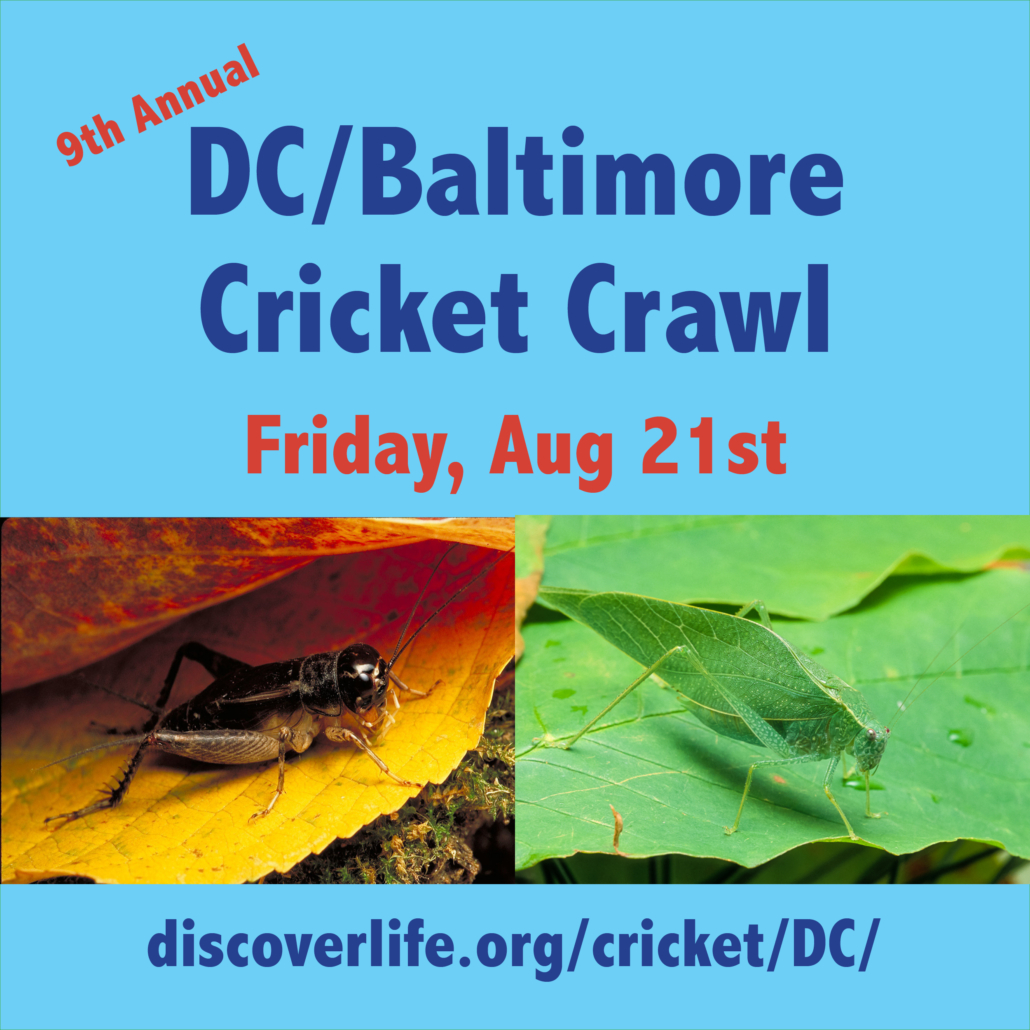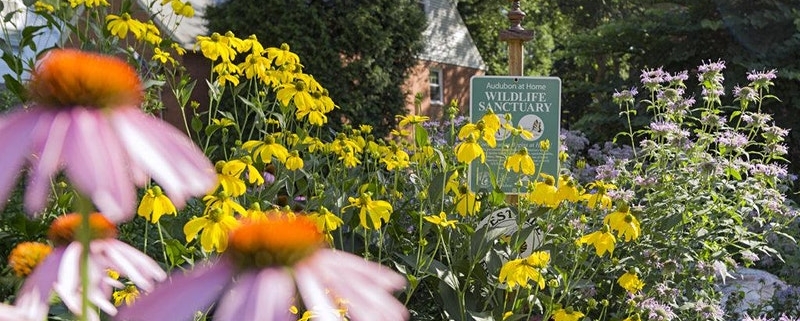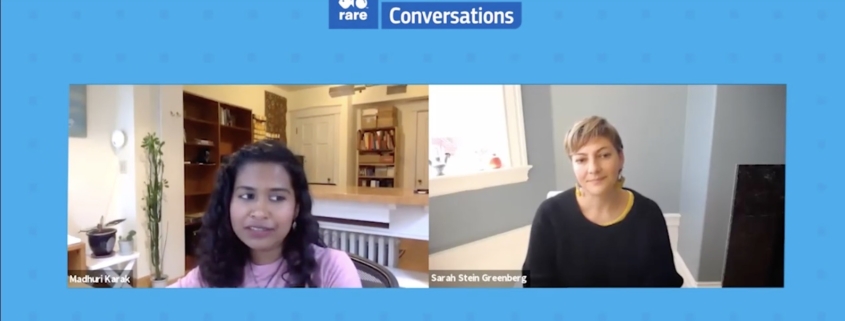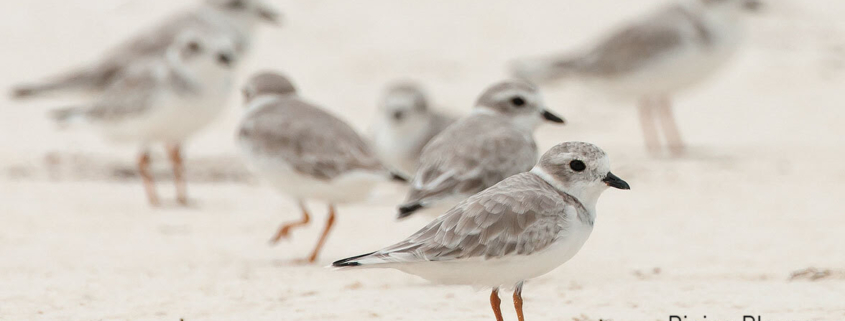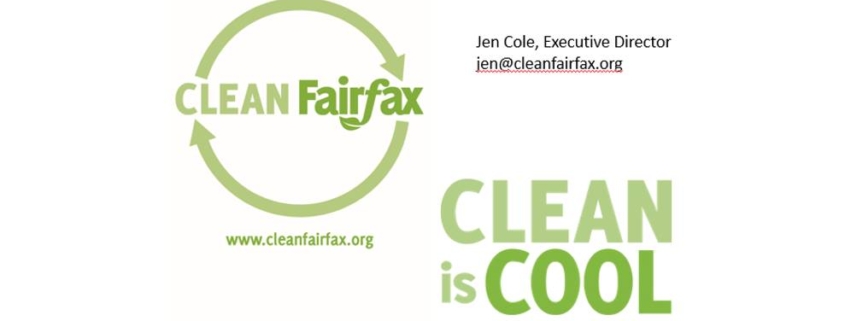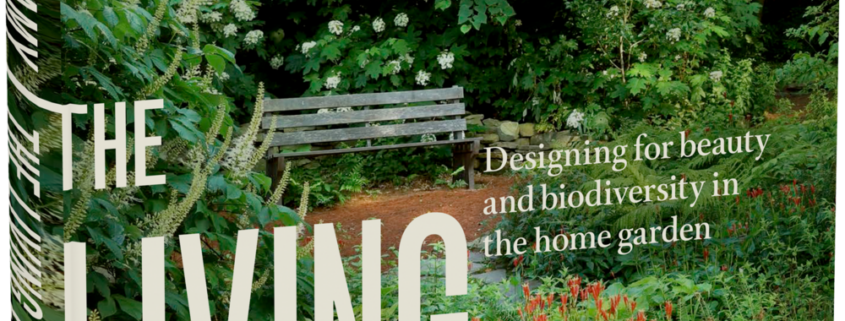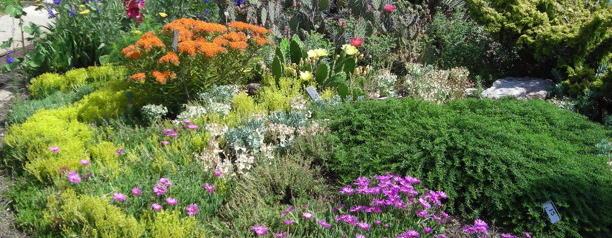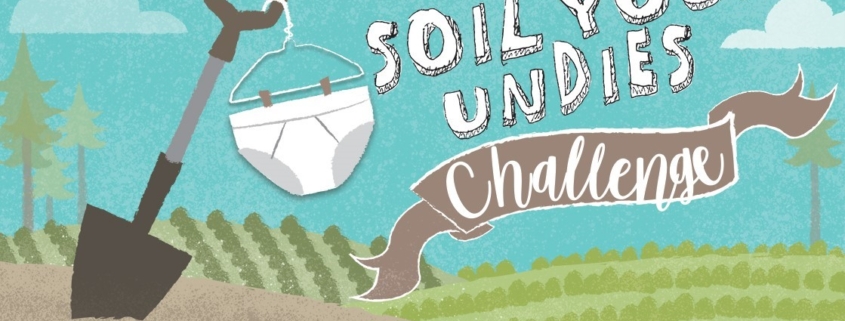Photo: Audubon at Home Certified Wildlife Sanctuary, Toni Genberg
Webinar
Thursday, 27 August 2020
7 – 8:30 pm
$5
Register here
What can you do on your own property to attract and support wildlife? To learn how, join online for “Creating a Wildlife Sanctuary on Your Property: The Audubon at Home Program.” Originally scheduled as a live event last March, the program had to be canceled due to the pandemic. Now you’ll be able to attend from the comfort of your home.
Betsy Martin will talk about the Audubon at Home program, Wildlife Sanctuary certification and Habitat Best Practices. Betsy is a member of the ASNV Board of Directors and a Co-Coordinator of ASNV’s Audubon at Home program. She is a Virginia Master Naturalist, a founder and President of the Friends of Little Hunting Creek and the Mount Vernon representative to Fairfax County’s Chesapeake Bay Exception Review Committee, which she also chairs.
Laura Beaty will relate how she transformed her yard into a wildlife habitat with a slide program entitled: “Your Landscape as Habitat.” She will show how to support nature’s relationships in your wildlife habitat, and why it’s important to view your habitat from two perspectives: the eyes of turf-grass traditionalists and native pollinators. She’ll show you the truth behind the phrases, “The greater the plant diversity, the greater the wildlife” and “Plant it and they will come.” Laura Beaty is Horticulture Chair of the Virginia Native Plant Society and Propagation/Plant Sales Chair of the Potowmack Chapter of VNPS. She also represents her Fairfax County district on the Fairfax Tree Commission.
This program is co-sponsored by the Friends of Mason Neck State Park and Audubon Society of Northern Virginia. They’re charging a nominal fee of $5.00 per registration to help defray the costs.


